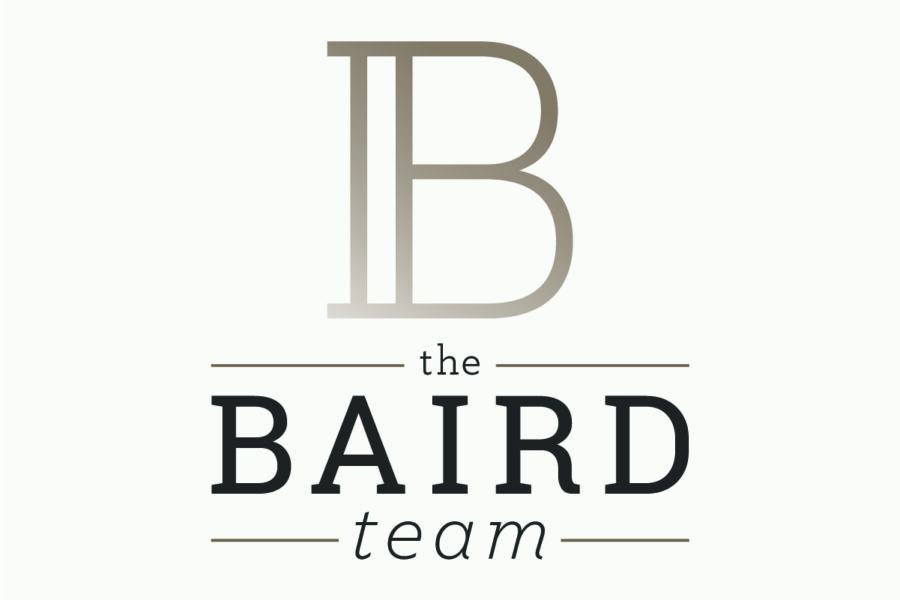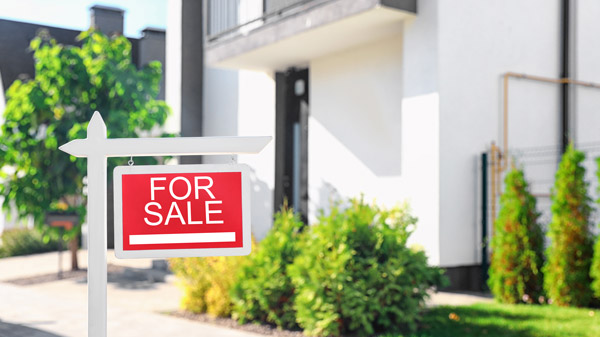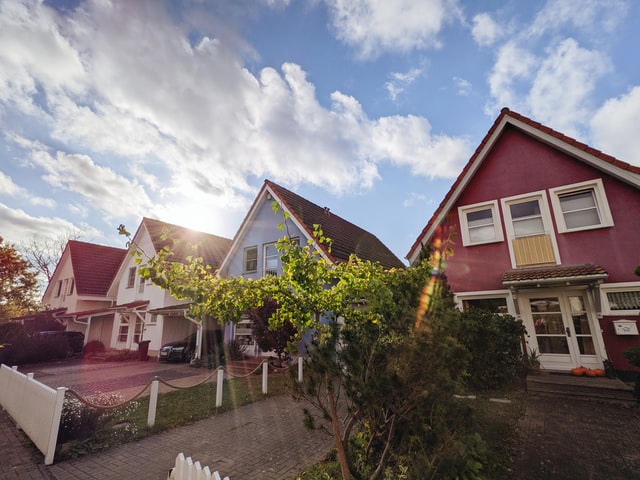Closing Costs
Posted May 28th 2020
in
Uncategorized
Closing costs are the legal and administrative costs you will need to pay when your home transaction closes. Closing costs usually range from 1.5 to 4% of the purchase price and are typically paid through the real estate lawyer that handles the transaction. In addition to closing costs, there are other expenses that may require a cash outlay before, on or after your house closes. Outlined below are details that will ensure there are no unexpected costs that sneak up on you.
Cost required before your mortgage closes
- Home Inspection Fee. It is highly recommended that you contact a reputable home inspector (link to home inspection page) to conduct a thorough home inspection as a condition of your Agreement of Purchase and Sale. The Baird Team works with a variety of home inspectors that will look at all aspects of the home and assemble a report for a fee of around $450, depending on the complexities of the inspection.
- Deposit. A deposit that contributes to your down payment s required when an Agreement of Purchase and Sale is accepted . A deposit shows the seller that you are committed to buying their property and are acting in good faith. It signals that you have the financial means to make the purchase and you’re comfortable taking on some level of risk until the deal closes. Unlike your down payment, there is no minimum required amount for the deposit, however $5,000 – $20,000 is typical, depending on the purchase price of the home. The deposit is required within 24 hours of acceptance of an Agreement of Purchase and Sale.
Costs financed in your mortgage
Mortgage default insurance, or CMHC Insurance, is not normally considered a traditional closing cost as it is added to the total mortgage you require and amortized over the life of your mortgage. If you purchase a house with less than a 20% down payment, you will be required to buy mortgage default insurance, commonly referred to as CMHC insurance. This protects the lender in the case the borrower, defaults on the loan.
The cost of mortgage default insurance is as follows:
- 5% – 9.99% down payment – 4% of the purchase price
- 10% – 14.99% down payment – 3.1% of the purchase price
- 15% – 19.99% down payment – 2.8% of the purchase price
- 20% or more down payment – no insurance premium
Mandatory closing costs covered by the home buyer
The following is a list of closing costs that are incurred by the home buyer:
- Land Transfer Tax. Calculated as a percentage of the purchase price of your home. In Ontario, Land Transfer Tax (LTT) has marginal rates. Toronto also has an additional municipal LTT. As a first time home buyer, you may qualify for a rebate of up to $4,000.
- Legal Fees and Disbursements. You can expect to incur a minimum of $500 (plus HST) on legal fees, which account for the preparation and recording of official documents. Contact The Baird Team to find a reputable residential real estate lawyer in Durham Region.
- Title Insurance. Today, most lenders require title insurance to protect against losses in the event of a property ownership dispute. This is purchased through your lawyer and costs around $100 – $300.
The following is a list of closing costs that are incurred by some home buyers as they are only applicable to certain properties:
- Septic tank. If the house has a septic tank, you will want to make sure it has been recently tested and cleaned by the owner. If not, it should be tested to ensure it is in good working order and emptied so you move in with a fresh tank. The cost can be negotiated with the previous owner.
- Water Tests. If the home has a well, you will want to test the quality of the water and ensure there is an adequate supply, as well if the water is potable.
- Status Certificate. A certificate fee may be payable if you are buying a condominium, and could cost around $100 – $150. This cost is usually paid by the seller.
Mandatory closing costs often covered by the lender
- Appraisal Fee. An appraisal, which is an estimate on the value of your home, is often covered by your mortgage lender. An appraisal is performed to certify the lender of the resale value of the home in the case you default on the mortgage. The cost is usually between $250 and $350.
Other costs to consider
- Property Insurance. Property insurance, which covers the cost of replacing your home and its contents, must be in place on closing day. This insurance is often paid in monthly or annual premiums.
- Prepaid Utility Bills. You may need to reimburse the previous owner of your property for prepaid costs such as property taxes, utilities.
- Property taxes. Property tax is calculated as a percentage of your home value, varies by municipality and must be paid each year. You may need to reimburse the previous property owner if they have already paid property taxes for the full year. You are also given the option to set-up an automatic payment plan with you lender where you can pay the property taxes on a monthly basis along with your mortgage. This is not necessary, but some homeowners find this useful for budgeting.
Closing Day
Closing Day is the day you finally take legal possession of your home. It’s important the bulk of your administration is completed by this point including transferring your down payment to your lawyer. Transferring down payment funds, especially from your RRSP can take time, and should be done several days before close.
On closing date, the following events will take place:
- Your lender will provide the mortgage funds to your lawyer/notary.
- You must provide, your down payment less the deposit, to your lawyer/notary along with the closing costs.
- Your lawyer/notary pays the previous owner, registers the home in your name, and gives you the deed and keys to your new home.
Congratulations! You are now ready to move in.





